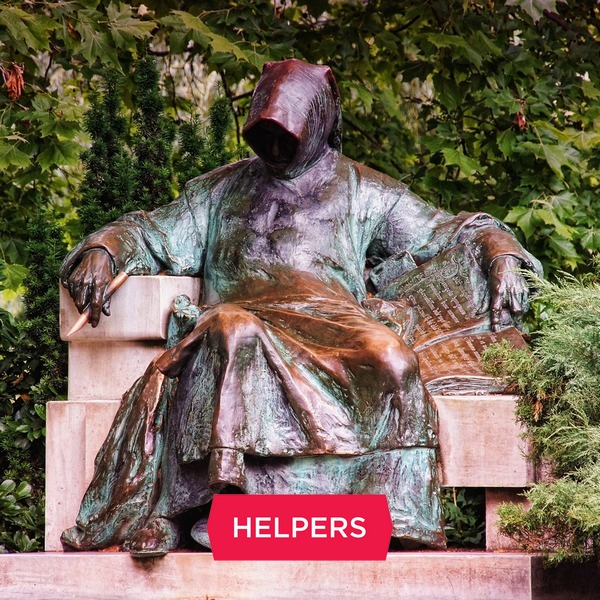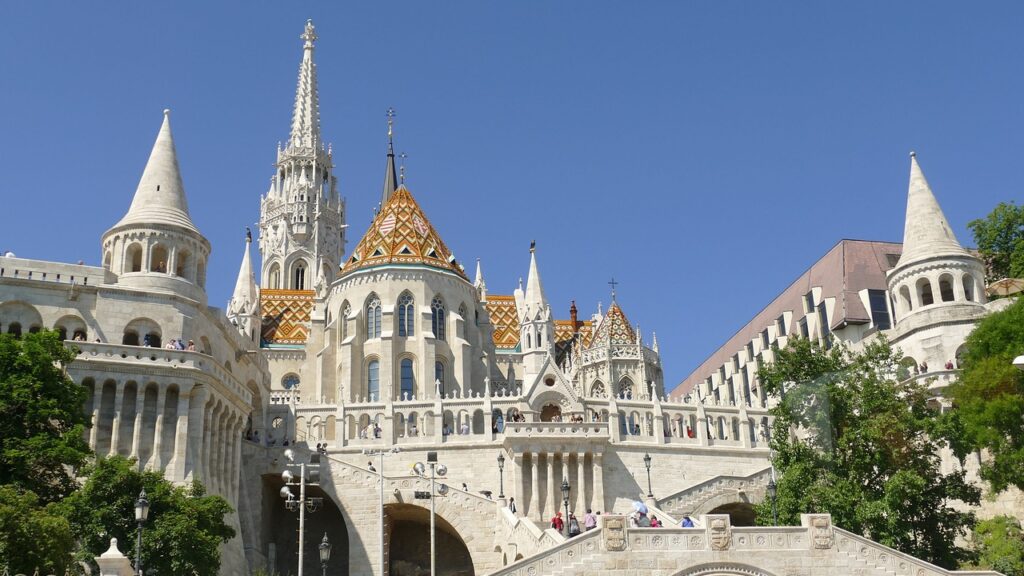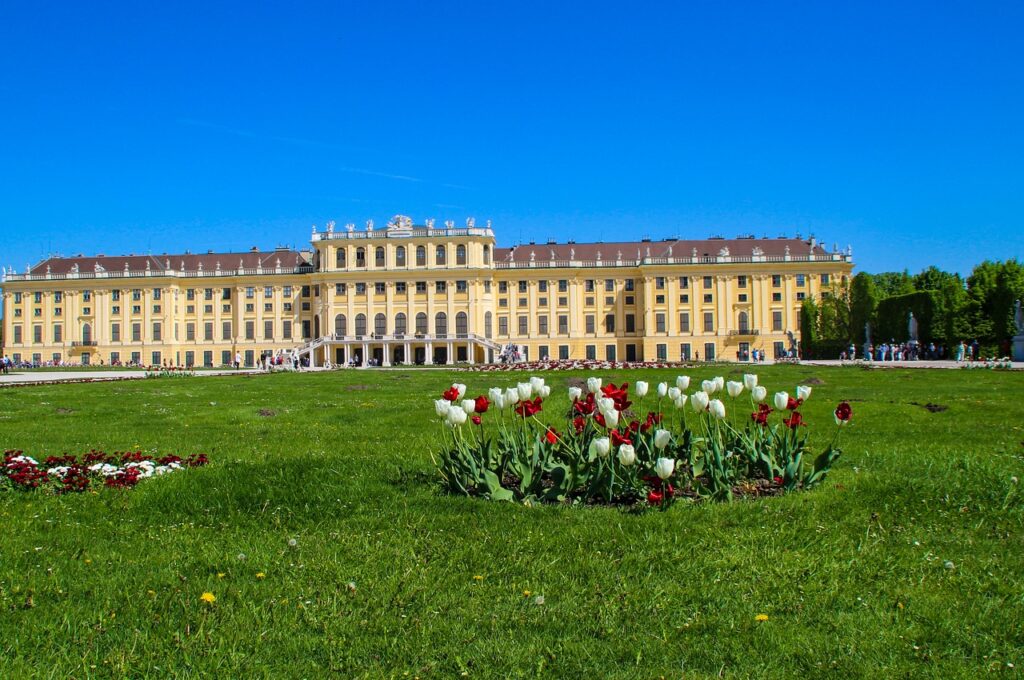Friday, 14 March, 2025 Citizenship, Culture
When you become a Hungarian citizen, the Hungarian name you register must conform to the Hungarian writing system. If you have a name with foreign characters, you will need to change your name; otherwise, you can keep your old name.
Read more






